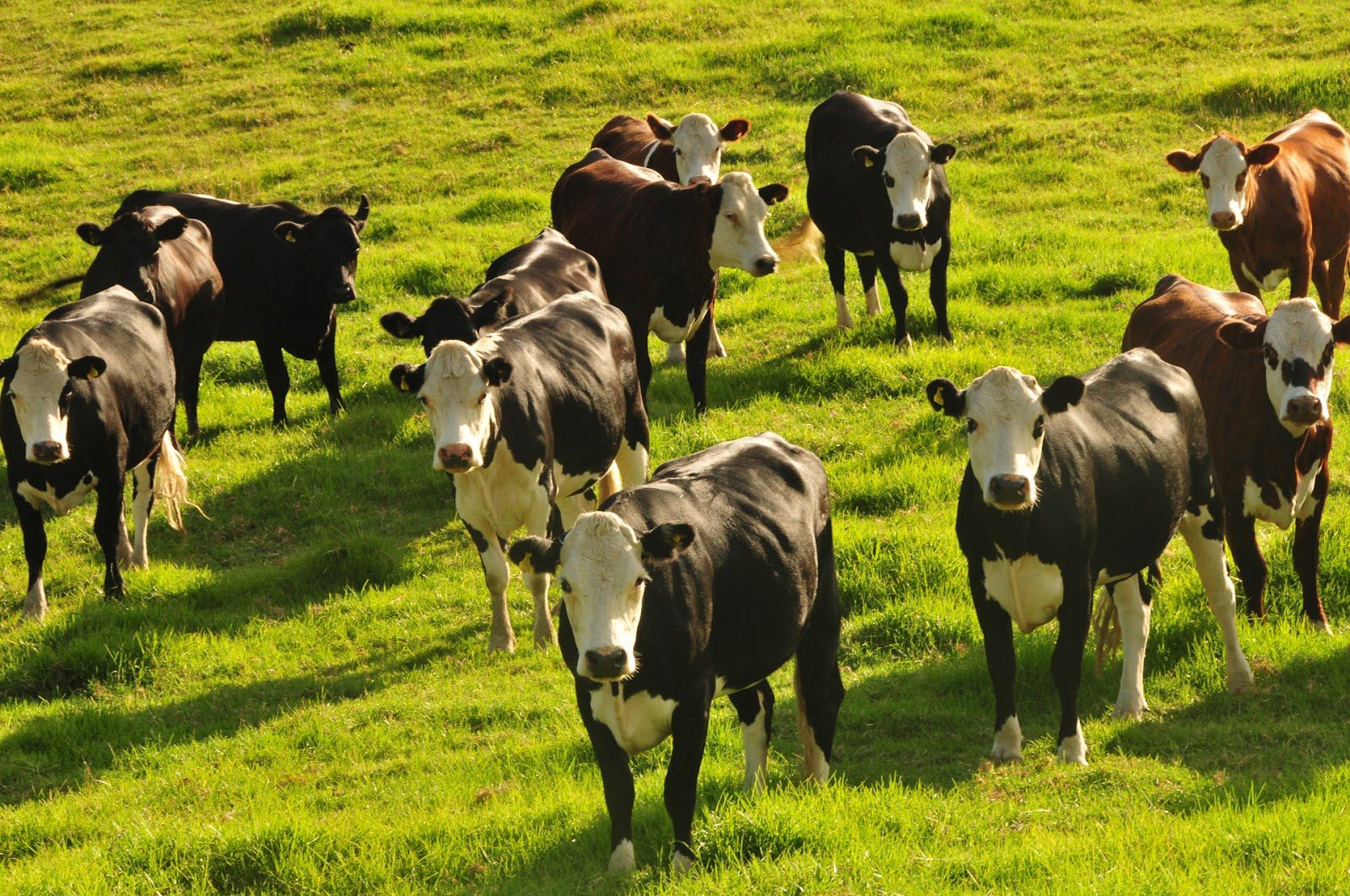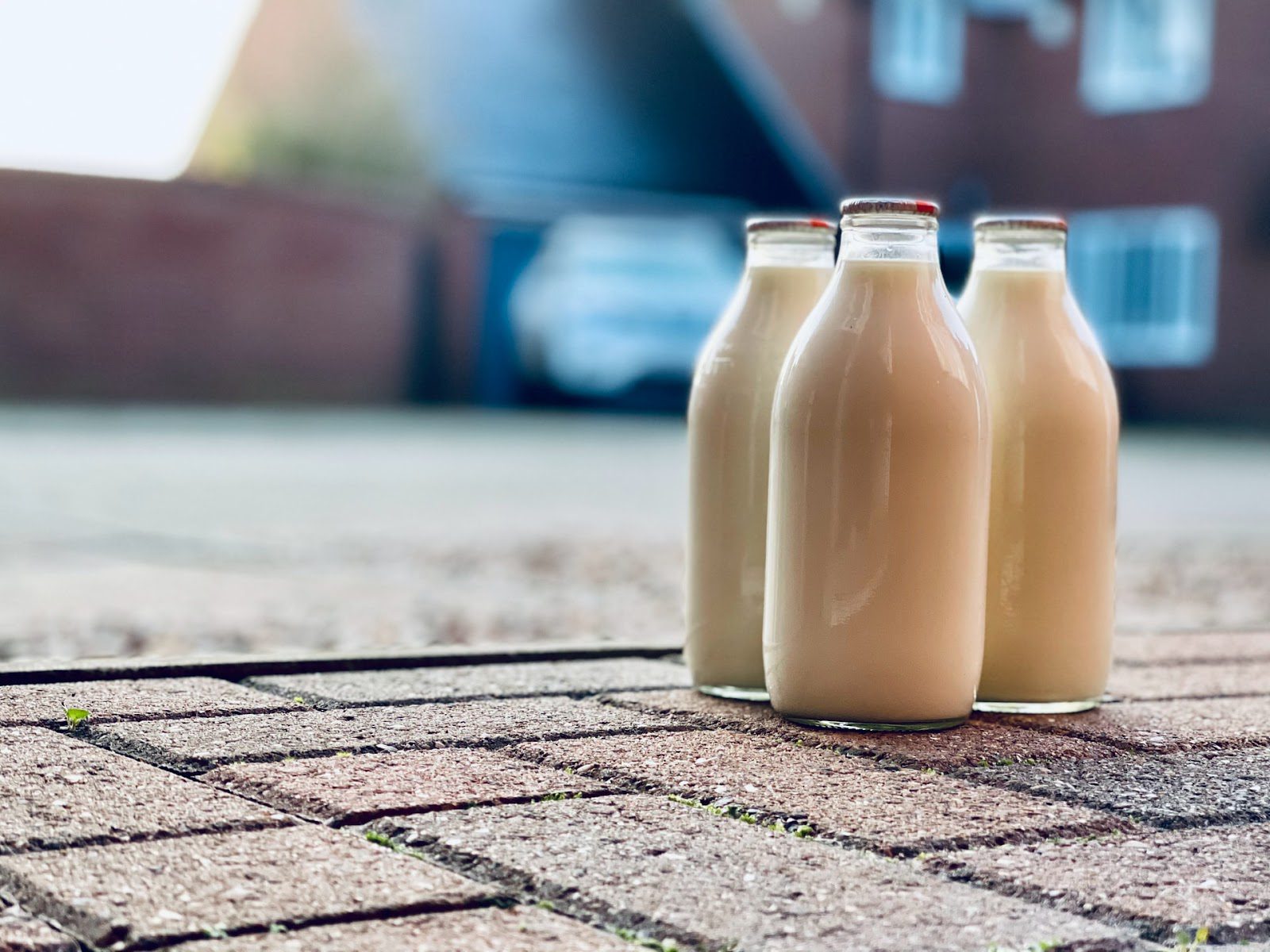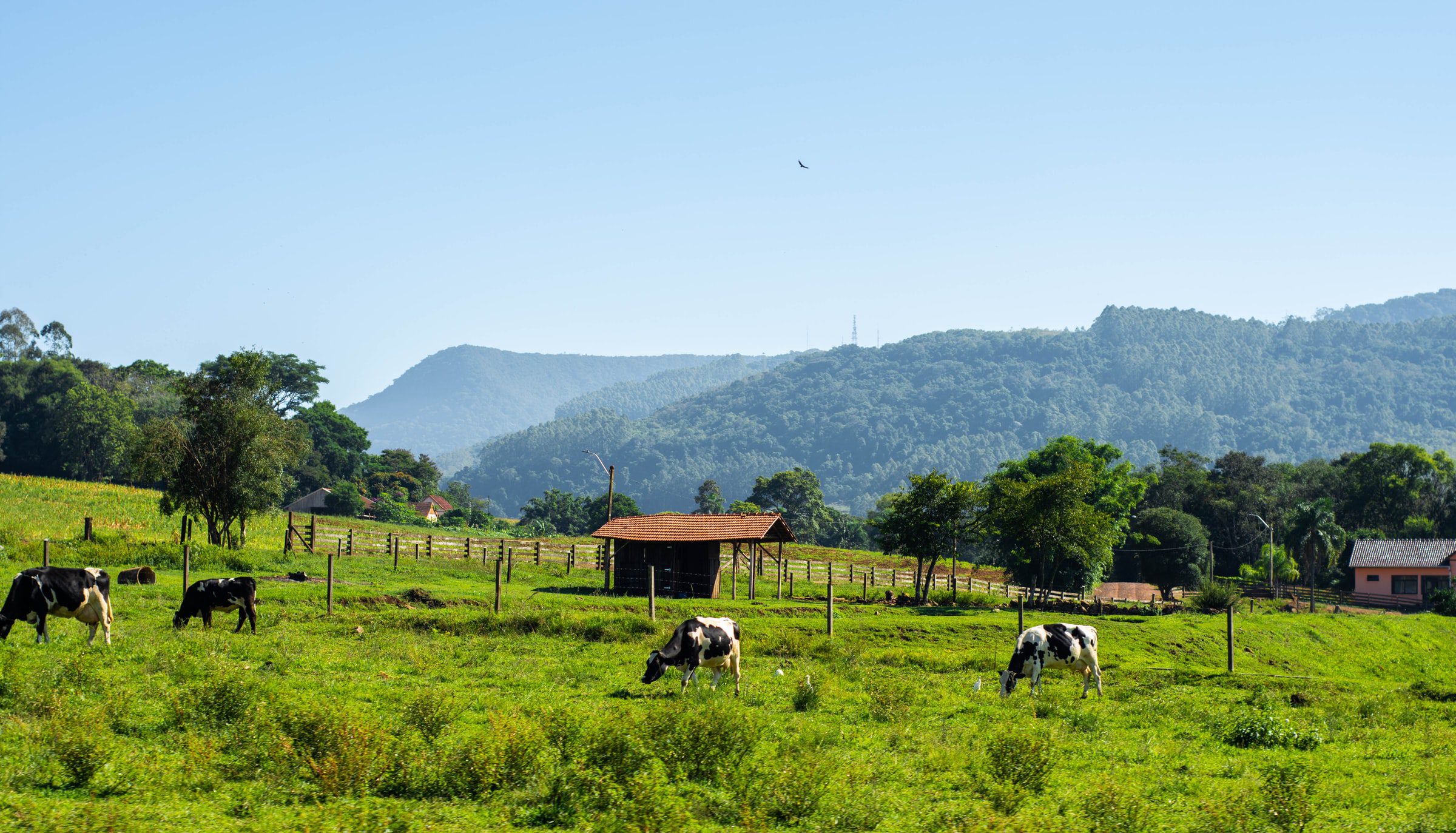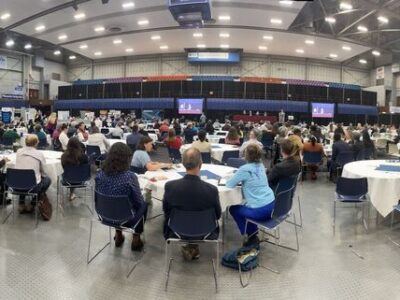Dairy farmers in North Carolina are changing the dairy landscape with herd sharing programs. These programs or private agreements allow people to purchase an ownership interest in a herd of animals, or even just one animal. The farmer still boards, cares for, and milks the cows, sheep, or goats, but herd sharing creates a legal loophole where all of the animal’s owners can get raw milk. Such programs are becoming increasingly popular across the United States.

The concept migrated North from neighboring South Carolina, which passed a herd sharing law years ago. Many North Carolinians would drive there to get raw milk, which was illegal in their home state. The recent legalization of herd shares in North Carolina comes as demand was at an all-time high not only for raw cow’s milk, but also, for other milk-producing animals such as sheep and goats. Herd shares have changed the game in particular for owners of small dairy farms, many of whom have returned to the field after retirement due to the fiscal opportunity herd sharing presents.
North Carolina State Representative John Ager supported the new legislation, which came in the form of an amendment to the North Carolina Farm Act of 2018. The act ended a 14-year ban on herd sharing agreements.
“I’m a big raw milk fan,” said Ager. “A lot of people in my area out here go down to South Carolina, because raw milk is legal in South Carolina, and they drive down there just to get raw milk.”

Herd sharing programs are typically affordable for consumers. At the Sykes Family Farm, each shareholder contributes $150 annually. This fee allows them to purchase one gallon of raw milk each week for $9, or a half-gallon for $6. Owner Jeff Sykes already has 35 members in his herd share. He now makes more money with just five cows than he did when he had a commercial herd of more than 100.
Herd-sharing has helped stabilize a recently volatile dairy market, one that has been particularly hard on smaller operations, especially during the pandemic. Grassroots Farm and Dairy in Madison County is another farm that has benefited from the recent legislation. It sells shares of its sheep to numerous consumers.
“When you buy a herd share, you are buying a share in our dairy sheep,” the farm explained on its website. “Herd share programs protect us from liability since the sheep are owned by you, the consumers. You’re just drinking the milk and eating the yogurt from your own sheep.” North Carolina was the second state to pass herd share legislation in 2018. Utah followed suit, and it is likely others will too as the opportunity to help small farmers survive after many larger dairy farms forced them out of business in the past decade. With the demand for raw milk on the rise, herd shares are a sustainable and smart way to make access easy for anyone who wants to drink it.





